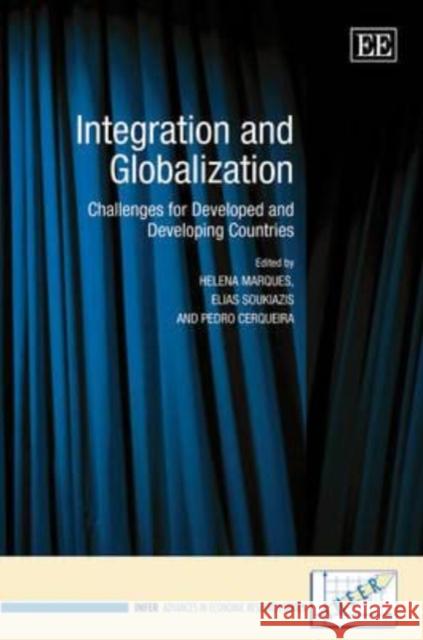Integration and Globalization: Challenges for Developed and Developing Countries » książka
Integration and Globalization: Challenges for Developed and Developing Countries
ISBN-13: 9781848446557 / Angielski / Twarda / 2009 / 200 str.
The main challenges the European Single Market is facing in the 21st century result from the enlargement to Central and Eastern Europe, the EMU, and the globalization of trade and investment that has aided the rise of competitive emerging markets. This state-of-the-art book provides fresh theoretical and empirical evidence on the challenges presented by integration and globalization for both developed and developing countries. The authors demonstrate how the European Single Market remains a work in progress with many critical issues still to be addressed. These include the rigidities in product and labor markets, the need for innovation and quality upgrading, and the rapid catch-up of new member countries. They go on to show how firms use the opportunities provided by integration and globalization to fragment their production processes internationally, which brings gains but also requires structural adjustment. The book also argues that global environmental coordination may be less detrimental to the growth prospects of developing countries than is commonly believed. Illustrating a number of methodologies, this book will be a great resource tool for postgraduates and undergraduates in the fields of international economics and business, as well as researchers and policy-makers.











